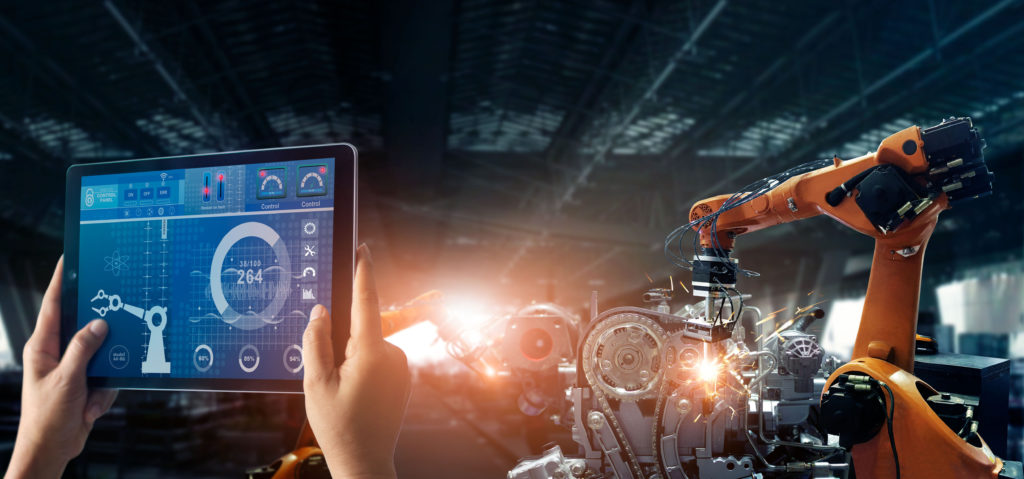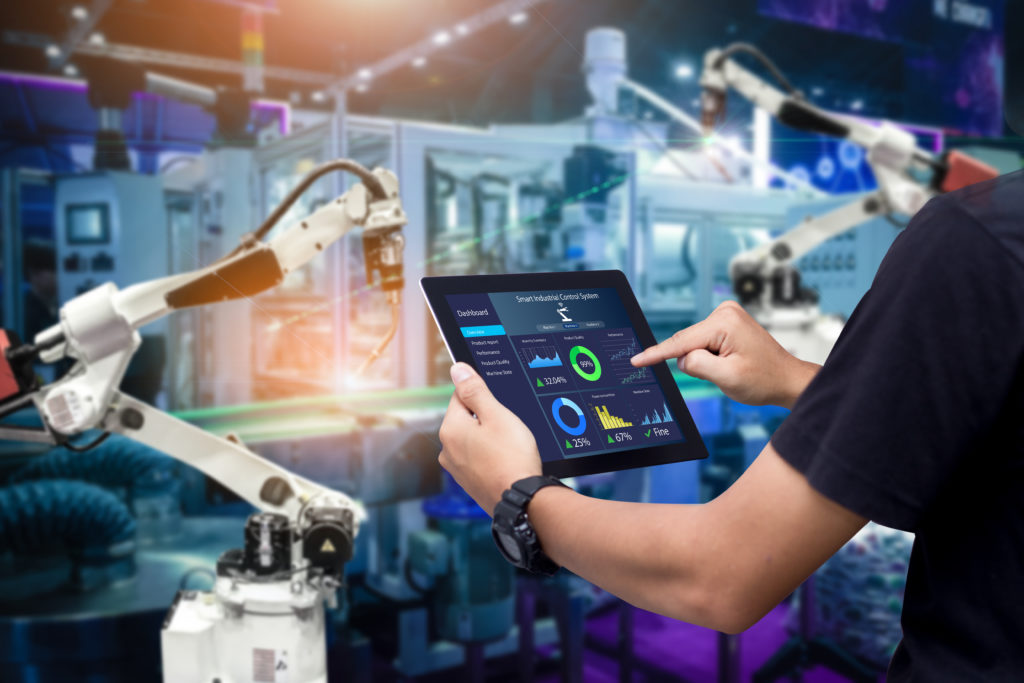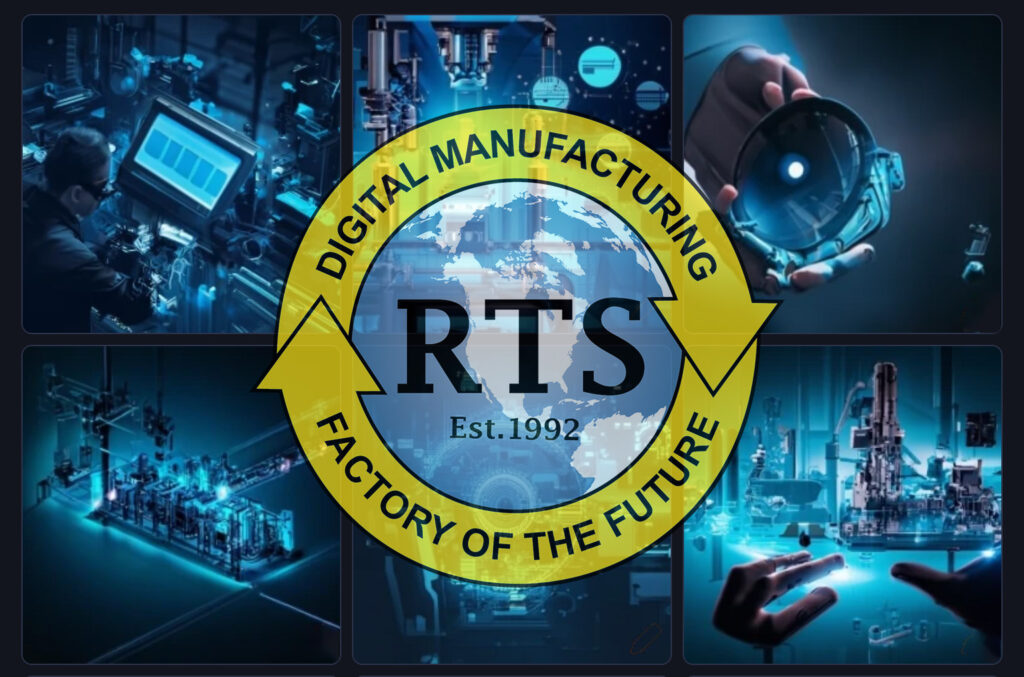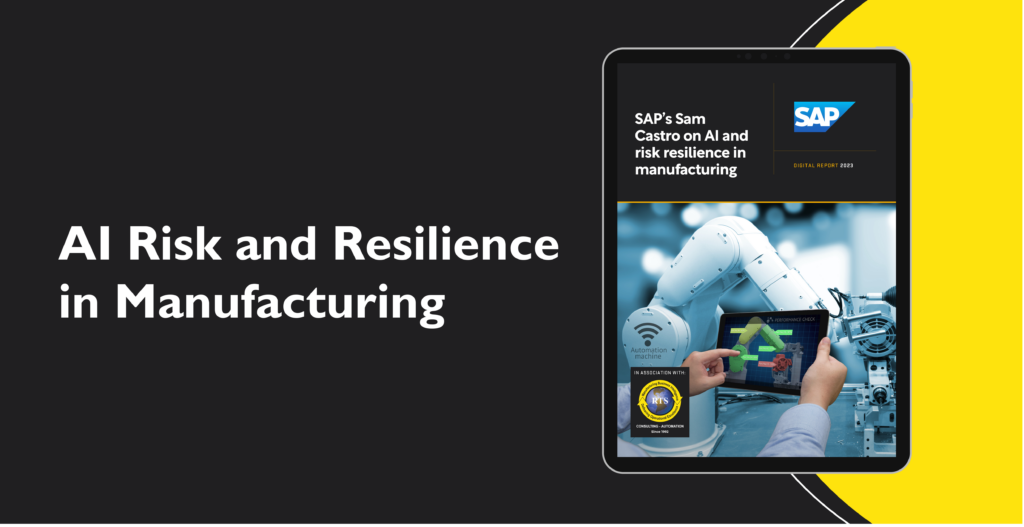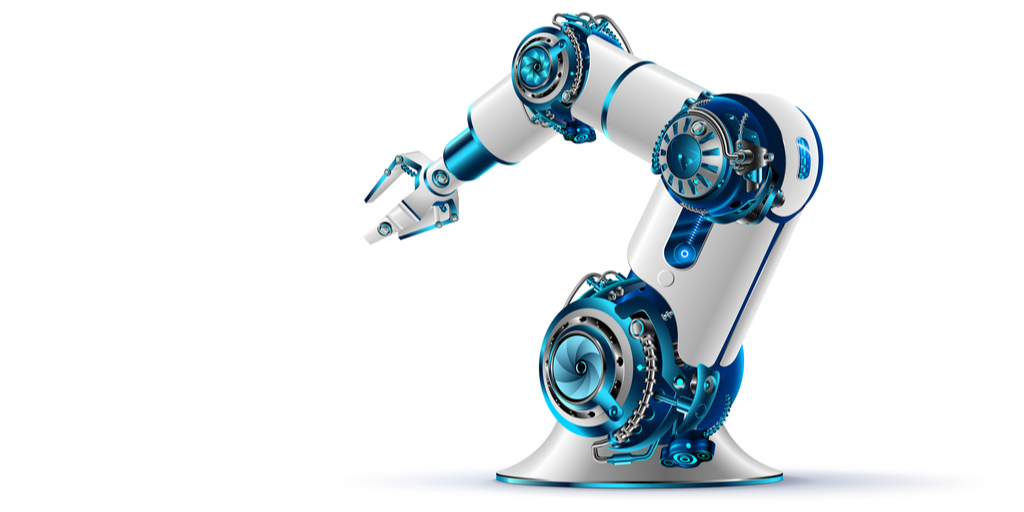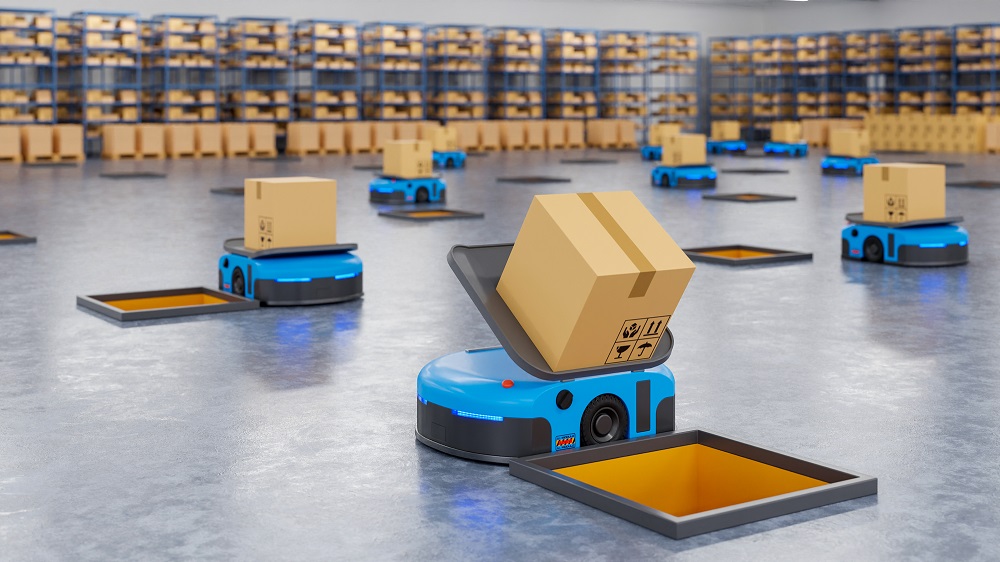Quality Management (SPC/SQC/AI)
SAP MES Quality Management solution helps businesses streamline their quality processes, reduce waste and defects, and ensure compliance with regulatory standards. With a range of features including real-time monitoring and reporting, statistical process control, and non-conformance management, the solution provides end-to-end visibility into the quality of production processes. By leveraging SAP’s powerful quality management tools, businesses can improve their product quality, enhance customer satisfaction, and achieve their production goals more efficiently.
